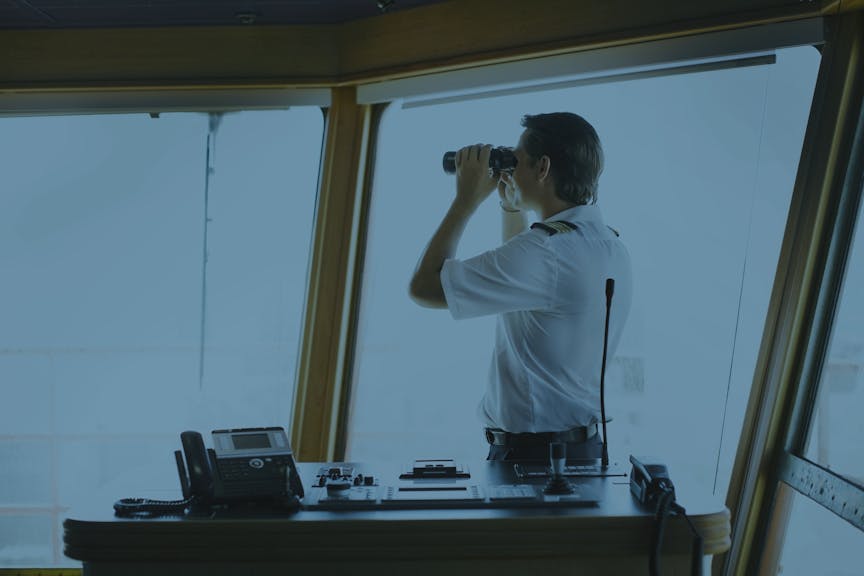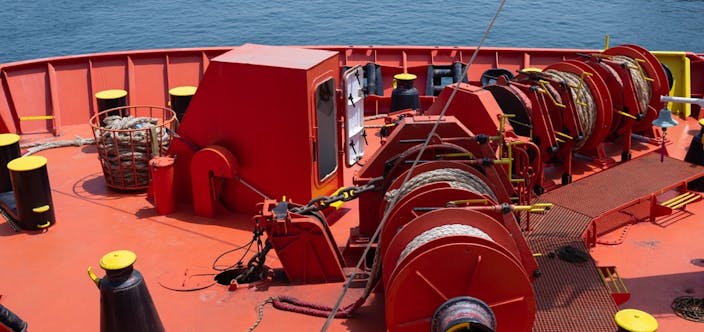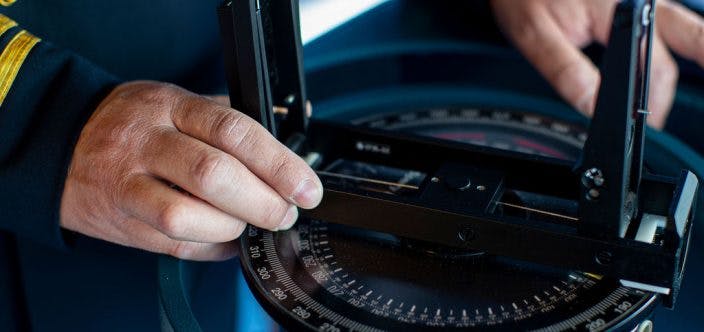VLSFO
Proper temperature management is essential and with effective preparation, planning and training, the technical and operational challenges can be managed.


She also shared some frequently asked questions (FAQs) that Bureau Veritas get about the VLSFOs and the answers.
COMPLIANCE
Regulation 18.2 of MARPOL Annex VI describes the correct procedures in case of vessel not being able to receive compliant fuel:
- Notify your flag state and the port authority at the next port of call
- Provide evidence of actions taken to achieve compliance
- Fill and submit the FONAR (Fuel Oil Non-Availability Report) form
Fonar template > fonar_-_resolution_mepc.32074
N.B. FONAR is not a “license” to use non-compliant fuel!
Further information:
- IMO: Sulphur 2020
- MEPC.1-Circ.878_-_Guidance_On_The_Development_Of_A_Ship_Implementation_Plan_For_The_Consistent_Implementatio.
- MEPC.1-Circ.881_-_Guidance_for_port_State_control_on_contingency_measures
- Resolution_MEPC.320(74)__2019_Guidelines_for_consistent_implementation_o…
CIMAC:
- Joint_Industry_Guidance on the supply and use of 0,50%-sulphur marine fuel in short
- Joint_Industry_Guidance_on_the_supply_and_use_of_0.50_-_sulphur_marine_fuel_20_August_2019
Key messages:
- Know your fuel!
- Testing according to ISO 8217:2017
- If possible – do not use the fuel before the analysis are available
- Temperature management – viscosity is temperature dependent
- Keep fuel segregated – until compatibility has been verified
- Consult your engine maker’s instructions and technical bulletins
- Bunker tank cleaning – highly recommended before filling with VLSFO
- Fuel treatment system – ensure system is adjusted for the actual VLSFO
Article as printable PDF: Alandia_imo220


